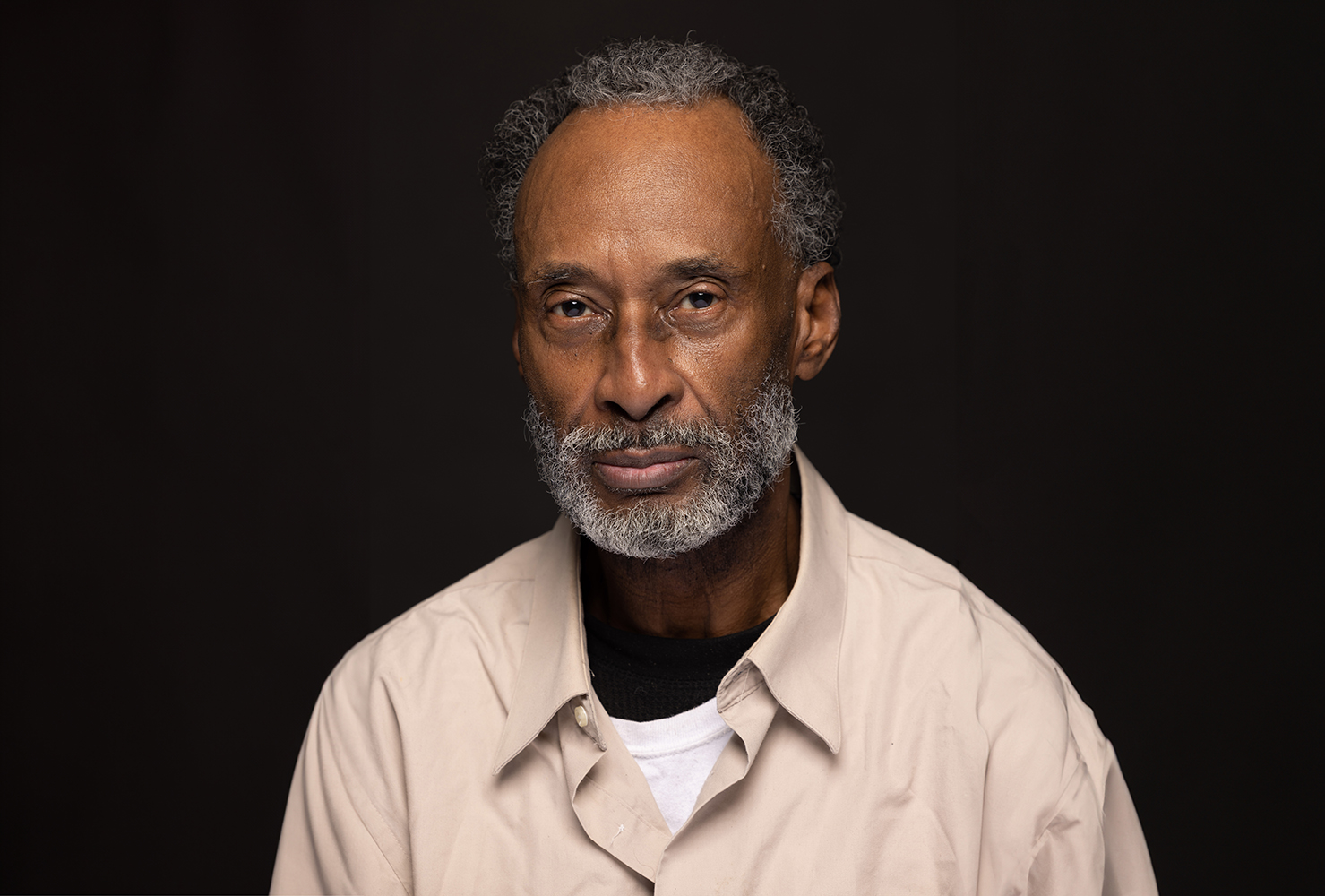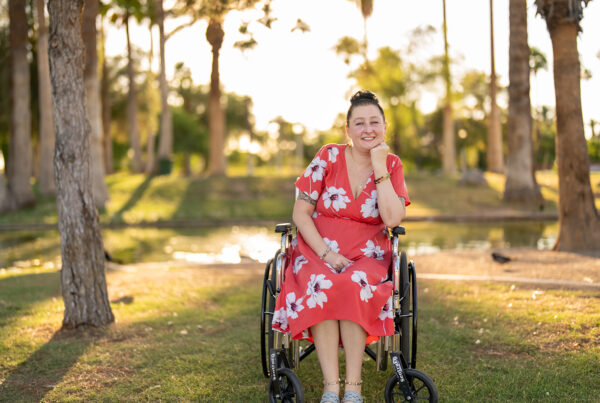When Robert Davis, 66, was arrested in 2019, he felt as though the world was caving in on him. Prior to his incarceration, Robert had been homeless for several years. The long-time Indianapolis resident suffers from lupus, back pain, arthritis, and kidney problems. At the time, he was also struggling to find work.
Despite these obstacles, as long as Robert had his car, he remained optimistic. It was his main safety net. It provided him with shelter, independence, and peace of mind. Having easy and reliable transportation gave him hope. With a car, he felt that it was only a matter of time before he would find a job, overcome his financial hardships, and get his health back on track. “Life here is expensive,” he said. “It is hard to find work.”
One day Robert was giving his friend a ride when they were stopped by the police. When the police searched the car, they found drugs on the passenger. Both Robert and his passenger were charged with drug-related offenses. “I had no idea, but it didn’t matter,” Robert recalled. “They arrested us both.” Unable to afford $2,000 in bail, Robert suddenly found himself incarcerated and his car taken away and impounded.
Many older low-income adults, like Robert, are often one emergency away from living below the poverty line. Being incarcerated only reinforces the economic disadvantages Robert and others like him have been trying so hard to overcome. Robert worried about his future. Without a job, stable income, and car, he would be unable to attend medical appointments, secure a safe place to sleep, find a job, and get to court.
As weeks passed, Robert’s health declined. He felt overwhelmed with loneliness and isolation. He was forced to restart a medication his doctor discontinued five years before. People who are incarcerated with pressing health needs often struggle to receive proper medical attention, with their health deteriorating as a result. Jail environments also impose an additional risk. Poor ventilation, overcrowding, stress, and lack of nutritious food – all commonly found within custodial settings – have been known to negatively impact one’s health.
After one month in jail, Robert noticed a poster for The Bail Project on the wall of the jail. He immediately called to request support. Soon after The Bail Project paid his bail and he was released. Two years after his arrest, Robert’s charges were dismissed; his passenger took responsibility for the drugs, pleading guilty to the charges. Unfortunately, Robert’s car is still being held as “evidence” and he is fighting to get it back. He dreams of owning a diesel truck and pulling a camper around the country. He wants to travel for the rest of his life. Although he is still homeless, he feels thankful for the good friends that he’s able to stay with occasionally.
Robert credits The Bail Project for helping him attend all of his court hearings. He says that The Bail Project made sure he got all his court reminders.
“Many people like me can’t afford bail or a bail bondsman. We are all presumed innocent until proven guilty. But if you can’t afford your bail then this right doesn’t matter. ”
“You are treated as guilty before you ever get to see a judge. But I’m hopeful things will get better,” he said. “Because at least I have my freedom.”
Thank you for reading. The Bail Project is a 501(c)(3) nonprofit organization that is only able to provide direct services and sustain systems change work through donations from people like you. If you found value in this article, please consider supporting our work today.











